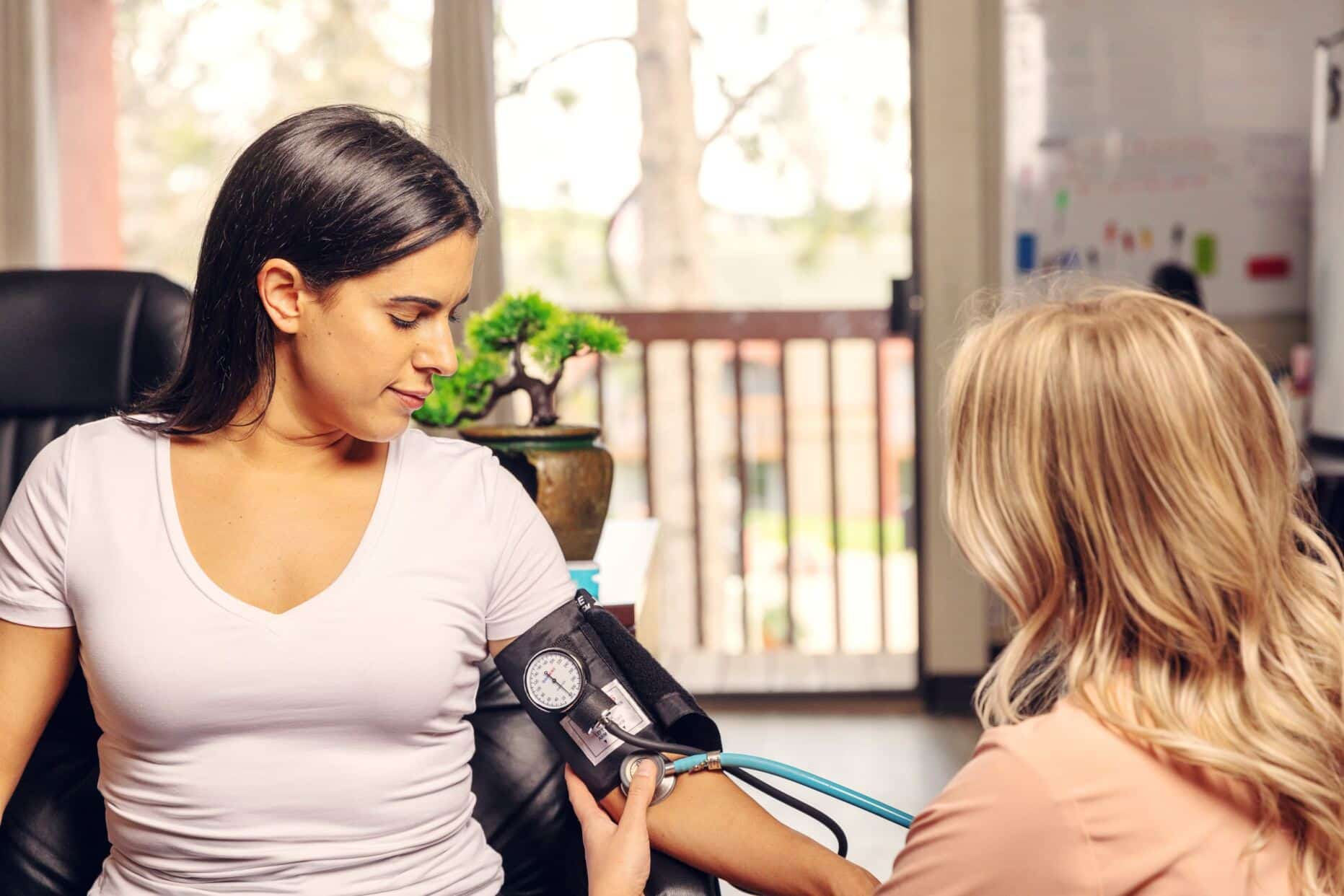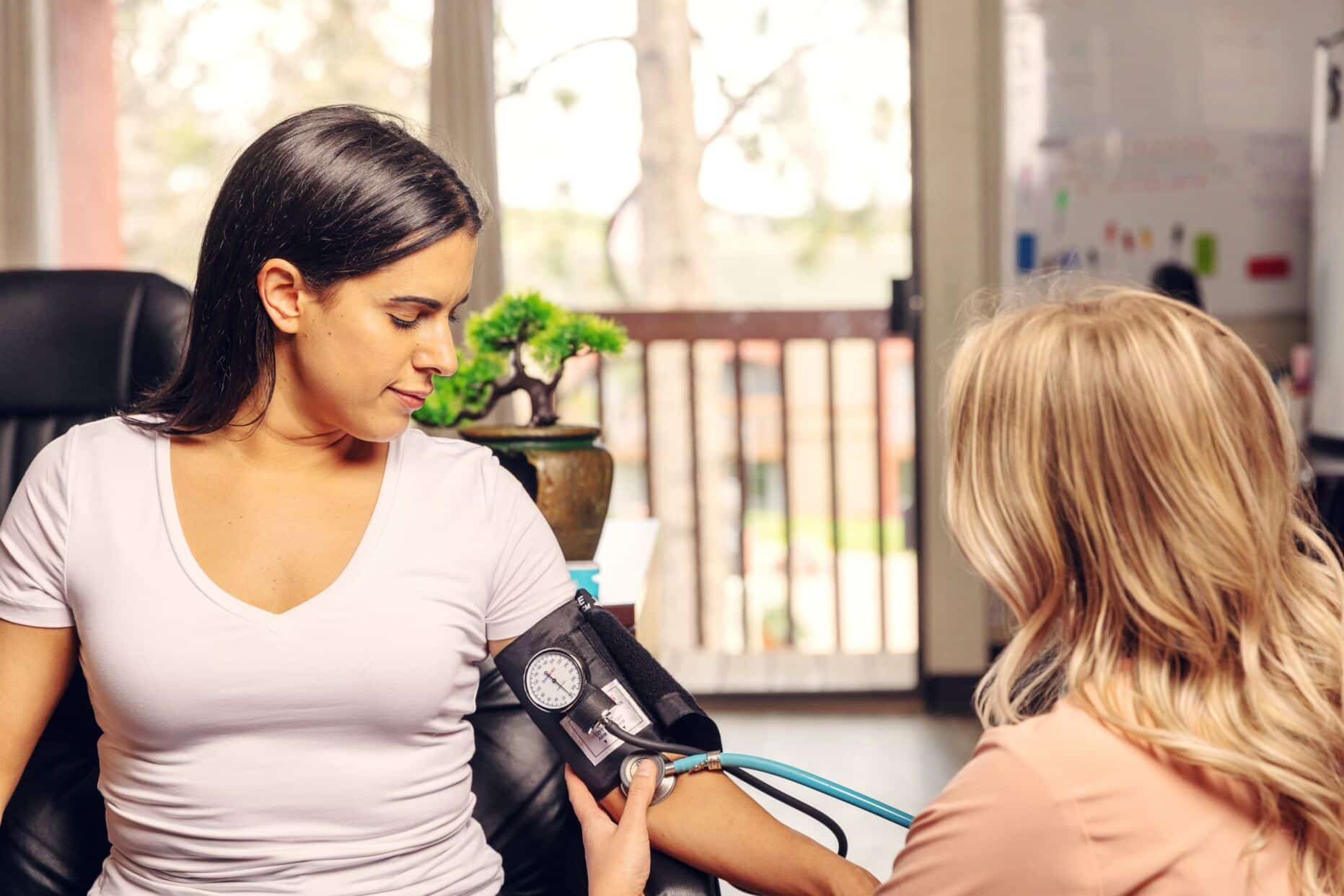Often, a lot is said about how alcoholism affects individuals, but how about their loved ones, especially their families? Understanding how alcoholism takes a toll on the family unit can encourage someone to break free from this addiction.
It is easy to isolate peoples’ addictions with how it affects their minds and bodies. We hear a lot of information on how alcohol causes liver damage, heart problems, and the like. However, the socio-emotional aspect of alcohol use is often overlooked.
In reality, alcoholism, or any other substance use disorder doesn’t just impact a person’s body and mind. It can affect their whole lives, including the lives of those who are close to them. It is reported by the National Institute on Alcohol Abuse and Alcoholism (NIAAA) that over 26.45% of adults in the United States engage in heavy alcohol use.
When we look at these numbers, we should also keep in mind the potential damage it brings to the loved ones of each individual. In this post, we will further elaborate on the effects of alcoholism on families.
Effects Of Alcoholism On Families
There are three main aspects that alcoholism changes in family dynamics.
- Firstly, the individual who engages in heavy drinking may have a shift in their physical and mental health. This results in a change in the relationship of that person towards their spouse, children, or parents.
- Secondly, heavy alcohol use also has financial consequences. The money supposed to be spent on the family can be used up by fulfilling the addiction.
- Third, alcoholism can also cause trauma in the form of domestic abuse, violence, crime, or death. This issue causes physical and emotional damage to the individual’s family. Continuous alcohol abuse with domestic violence, exposure to crime, or sudden death leads to dysfunctional relationships, physical harm, and mental health issues, especially to children and spouses.
Usually, these effects come all together and worsen along with the individual’s alcohol problem. There are many ways alcohol changes the mental and physical state of the person affected. Thus, a shift in their personality can be noticed by their loved ones, which are seen in these various symptoms:
How Alcohol Affects Family Relationships
Alcoholism’s Impact on Family Finances
Aside from the emotional trauma caused by alcohol abuse, there are also financial problems that can impact the family unit, especially those from low-income households. How alcoholism affects the family in terms of finances can result in a downward spiral of an inability to pay other household expenses.
Research has shown that the US economy is impacted by a loss of $ 249 billion a year in alcohol addiction. An alcoholic spends an average of $4,000 a year in purchasing drinks. This cost expectedly increases as the addiction worsens, which can amount to as much as $8,000 annually. For families earning minimum wage with incomes at $ 30,000 and below, fitting this expense may just be too much.
As we all know, financial struggles can put a strain on family relationships, and the overall well-being of its members. Problems arise when the addiction eats up the money supposedly spent on a child’s education, rent, and mortgage, or even basic needs such as food.
Domestic Abuse Caused By Alcohol Misuse
Another type of trauma that should be discussed on its own is domestic abuse caused by alcoholism. There are various types of abuse we can see in households where alcohol abuse is prevalent:
- Physical abuse: Spouses and children are most commonly affected by this type of abuse, which can be life-threatening in severe cases. Signs of physical abuse usually occur along with personality changes related to aggression for alcoholics.
- Emotional or verbal abuse: Any type of abuse, even in the form of words, and actions, is still considered harmful. When someone with an alcohol addiction damages a family members’ psyche with disrespectful words, verbal threats, and manipulation, these are signs of emotional abuse.
- Sexual abuse: Extreme intoxication can cause some people to prey on their family members. Cases of sexual assault, molestation, and incest have happened due to alcohol abuse.
Any type of abuse that poses a threat to someone’s safety or life should be reported immediately. There are domestic abuse hotlines available if you need help right away.
How Families Can Find Help For Alcohol-Related Issues
If you are a family member impacted by alcoholism, know that help is available. There are great rehab centers, national resources, and crisis hotlines to aid your loved one who is battling alcohol addiction.
- Rehab centers: In some cases, your loved one may be unwilling to go through rehab. Addiction specialists can help you stage an intervention along with other members of the family to help your loved one understand the impact of their continued alcoholism and hopefully begin the process of tapering off alcohol.
- National resources: You can also get information about alcohol abuse on various organizations dedicated to alcohol abuse, addiction, and mental health. You may refer to the National Institute on Drug Abuse (NIDA) to get a complete list of resources to help educate yourself or your family on topics regarding addiction.
- Crisis hotlines: In the event that you experience alcohol-related crises or emergencies, you may call 911, the suicide prevention hotline, or your local crisis hotline.
Take The First Step Towards Recovery
Talk to a Intake Coordinator
Supporting The Alcoholic
Supporting your loved one that is battling an alcohol addiction can be challenging. With how many are numbed with alcoholism effects on family members, it is easy to enable past behaviors even after going through rehab. This is even more difficult if you sense that your loved one is physically and mentally struggling. However, here are some ways to provide positive support to your family member:
- Aid in changing the habits and environment. Preventing addiction triggers is key to avoiding an alcohol relapse. You can provide support by avoiding alcohol use yourself or driving your loved one in their support groups meetings.
- Attend group therapy sessions. The role of family members are crucial in alcohol addiction recovery. They are the main influencers that can impact the outcomes of an individual after rehab. You may choose to attend group or family therapy sessions for your loved one as a sign of support and to be equipped with information about helping battle alcoholism.
- Be informed. Knowledge is power–especially when it comes to battling alcoholism. There may be instances where your loved one is struggling from mental or physical health problems related to alcohol use, such as alcohol poisoning or withdrawal. Knowing the signs of these issues can help you respond quickly.
Help For The Family
As alcoholism affects family members, they would also need support from authorities and specialists. Many rehab centers offer family counseling and support during and after the rehab of the person affected. In these counseling sessions, you will receive:
- Emotional support for mental health problems and trauma that is related to alcoholism
- Action-based solutions to resolve issues with your loved one
- Information on aftercare plans to help you and your loved one have a clean slate when possible
There is also assistance available for family members experiencing trauma due to alcoholism. On the website of the National Center on Substance Use Disorder and Child Welfare, there is a list of resources that you can look up or contact for more information. Some of the notable links include:
- SAMHSA National Center for Trauma-Informed Care
- National Center on Domestic Violence, Trauma & Mental Health
- National Center for PTSD
You may visit the links or visit the NCSACW for the exhaustive list for domestic violence, trauma, mental health and child abuse support.
Beating Addiction Together As A Family
Truly, a family is considered a unit. When one is wounded, others are affected as well. Hopefully, these resources will help you overcome the struggles of alcoholism and come out stronger as a family.
Sources:
- Gut.bmj.com – “Drinking habits as cofactors of risk for alcohol-induced liver damage”.
- Niaaa.nih.gov – “Alcohol Facts and Statistics”.
- Connect.springerpub.com – “Domestic Abuse by Male Alcohol and Drug Addicts”.
- Psycnet.apa.org – “Executive functioning: A conceptual framework for alcohol-related aggression”.
- Ncbi.nlm.nih.gov – “Prevalence, Correlates, Disability, and Comorbidity of DSM-IV Narcissistic Personality Disorder: Results from the Wave 2 National Epidemiologic Survey on Alcohol and Related Conditions”.
- Ncbi.nlm.nih.gov – “Economic cost of alcohol and drug abuse in the United States”.
- Onlinelibrary.wiley.com – “Domestic abuse experienced by young people living in families with alcohol problems: results from a cross‐European study”.
- Thehotline.org – “National Domestic Violence Hotline”.
- Drugabuse.gov – “Resources”.
- Suicidepreventionlifeline.org – “Suicide Prevention Lifeline”.
- Ncsacw.samhsa.gov – “Trauma Resource Center Websites”.
Medical disclaimer:
Sunshine Behavioral Health strives to help people who are facing substance abuse, addiction, mental health disorders, or a combination of these conditions. It does this by providing compassionate care and evidence-based content that addresses health, treatment, and recovery.
Licensed medical professionals review material we publish on our site. The material is not a substitute for qualified medical diagnoses, treatment, or advice. It should not be used to replace the suggestions of your personal physician or other health care professionals.






